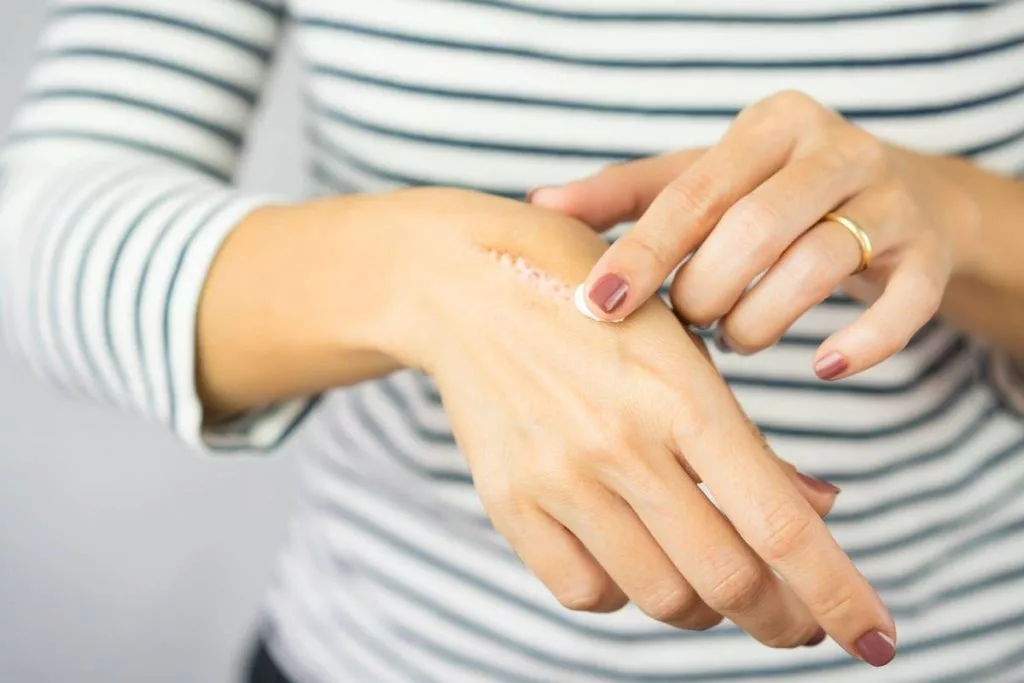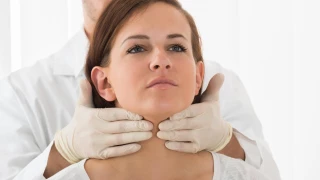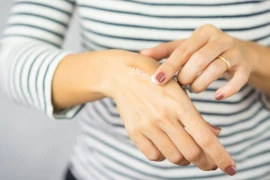
What is Burn?
- What is Burn?
- What are the causes of burns?
- What are the symptoms of a burn?
- How should first aid be given to those with first degree burns?
- What should we do to prevent burns?
There are 3 types of burns. The first of these, the first-degree burn, occurs in the upper layer of the skin. first degree burn; It is manifested by redness, pain and swelling on the skin. In second-degree burns, both the upper and lower parts of the skin are damaged. They cause pain, redness and swelling. Third-degree burns damage deep tissues and the skin turns black, tissue loss may occur. If you suspect that your burn is deep, seek medical assistance. Severe burns are very risky for those under the age of 4 and over the age of 60, and can result in death. There is also a risk of poisoning from carbon monoxide if the burn is caused by a fire.
What are the causes of burns?
Burns can be caused by fire, contact with hot objects, hot liquids or steam, radiation, sun, electricity, or certain chemicals. Inhalation of smoke, heated air or toxic gas causes damage to the respiratory tract.
What are the symptoms of a burn?
- Swelling
- Pain (there may be no pain in a third-degree burn)
- Skin peeling
- Redness
- Shock (white skin and cold sweats, weakness, blue lips)
- Charred skin
Symptoms of the destruction of the respiratory tract:
- Feeling of coldness in the mouth
- Burnt lips
- Percent burns
- Wheezing when breathing
- Voice change
- Cough
- Dark mucus
How should first aid be given to those with first degree burns?
Home treatment may be possible for minor burns and sunburn. Wash the burn with cold water or put the ice you put in the bag on the burn or put a wet towel on the burn, wait for a while and if you have a burn cream at home, apply it and wrap the wound surface with cotton and protect it from friction. Minor burns can be treated this way. Get medical help if you have a second-degree and third-degree burn.
What should we do to prevent burns?
- Install a fire alarm
- Check the batteries
- Teach children about fire and keep them away from risky items such as matches and lighters.
- Prevent children from touching hot objects such as irons, ovens and hobs.
- Turn the pan handle towards the inside, not the outside. So, kids don't bump into them, don't rub and food don't spill on them
- Place the fire extinguisher within easy reach in your home, school or workplace.
- Do not keep cords plugged in.





